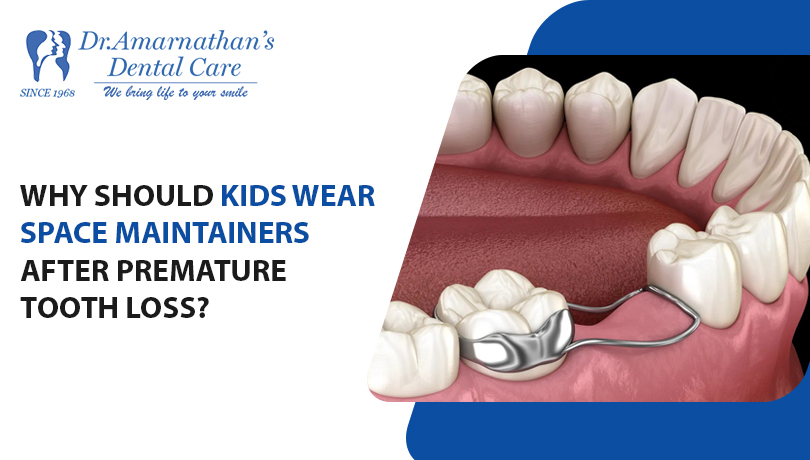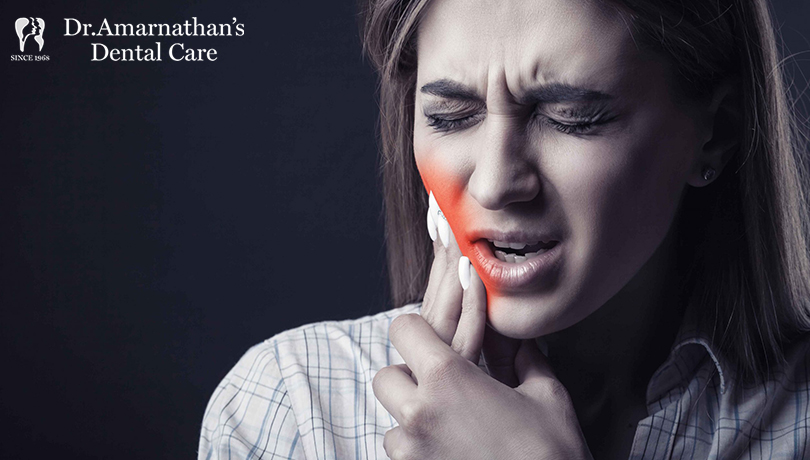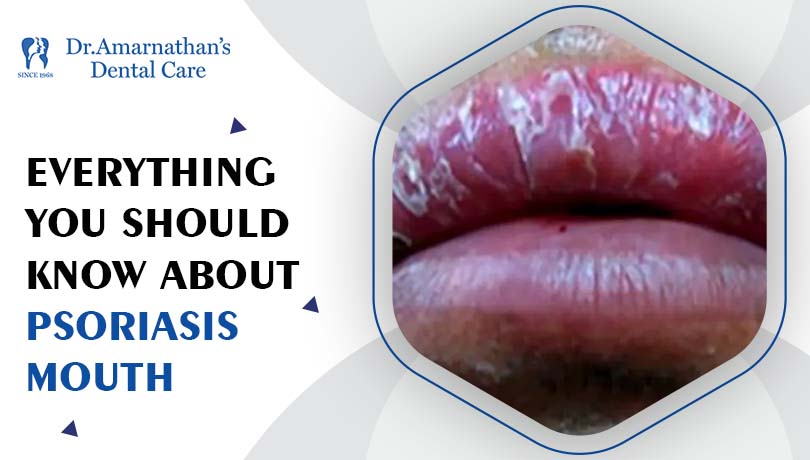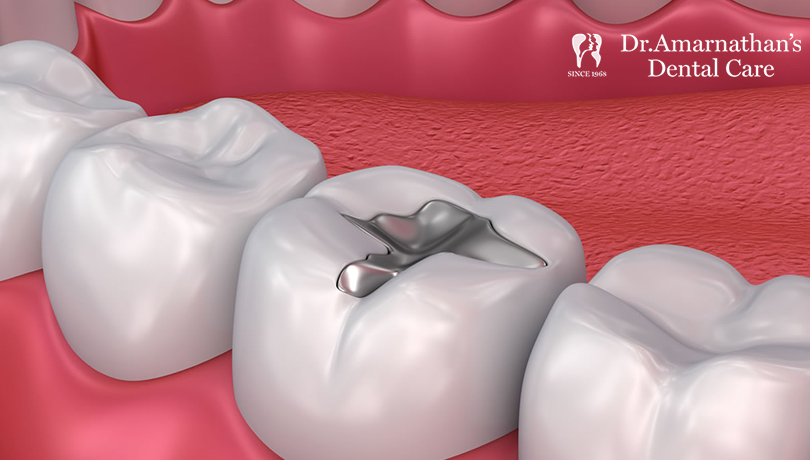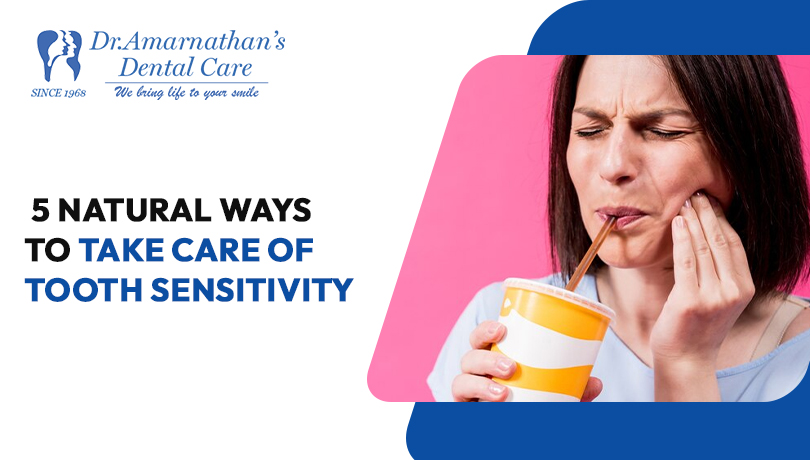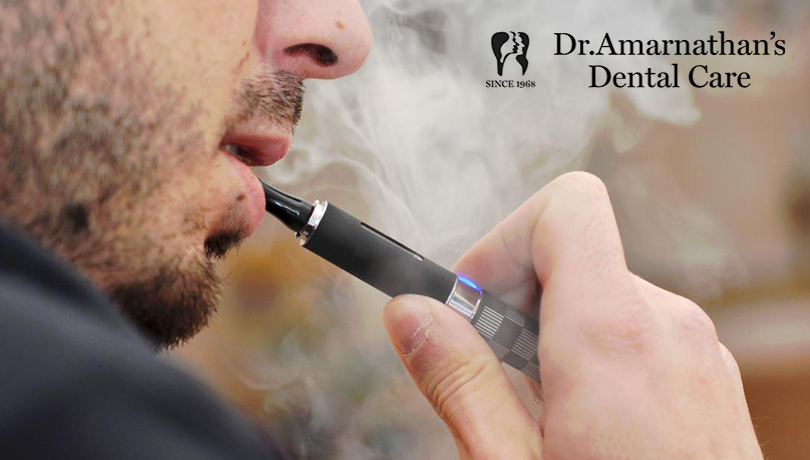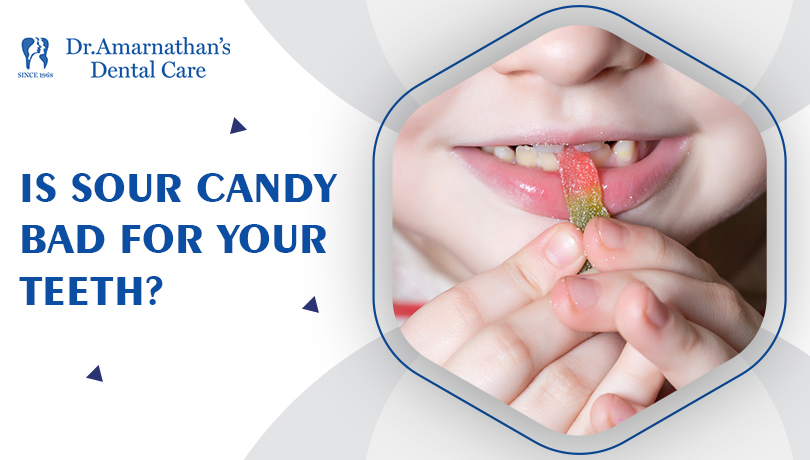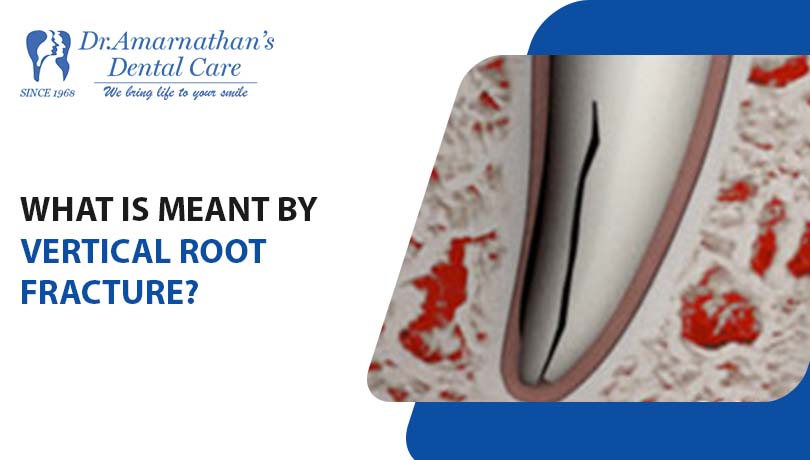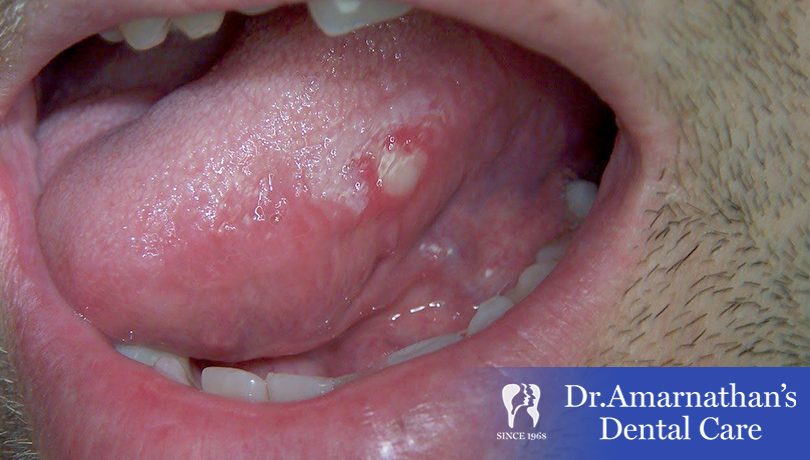
7 flossing mistakes you should avoid
Flossing is the highly prescribed dental hygiene practice, next to brushing. It aims to disrupt plaque formation by cleaning gaps between teeth that are hard to reach with toothbrush bristles. Since flossing takes more coordination than brushing, many people struggle to floss correctly.
Hence many people make mistakes in this oral hygiene practice unwittingly. For example, if you start flossing without knowing the roadmap of where to start, move and complete. Your flossing activities will remain neutral. Hence you should be aware of the correct order to floss your teeth.
Likely, there are some common flossing mistakes that our dental hygienists highlight in this blog post. Keep reading.
1) Flossing at the wrong time
Since flossing has to be done once a day, you should do it at the proper time. Do you know when to floss to enjoy its benefits?
It is better to floss before going to bed.
Saliva is a natural cleaning agent and defence the oral cavity from bacterial invasion to a great extent. In general, the salivary glands produce less saliva when we sleep. It is followed by less salivation inside the mouth, allowing bacterial breakdown. The food particles wedged between the teeth will exacerbate the situation.
You should ensure that gaps between your teeth do not have any food debris. Hence, dentists advise flossing your teeth at night before sleep.
2) Flossing after brushing
Many people start their oral hygiene routine with brushing, followed by flossing. Even though this order ensures your mouth is clean, switching this will allow you to benefit from flossing to its fullest.
Researchers discovered that people who floss their teeth before brushing have considerably less plaque build-up.
Additionally, the fluoride content in toothpaste will better shield your teeth if you clean your teeth in this order.
3) Using the wrong type of floss
Different types of flossing wires, like dental tape, super floss, unwaxed floss, waxed floss, and polytetrafluorethylene floss are available. They are designed to meet the unique cleaning needs of every person.
For instance, dental tape is the right appliance to floss for people with more space between teeth. People who have tight interdental space should prefer waxed floss. Using the wrong flossing appliance with either injure the gum tissues or do not disrupt the plaque formation.
Hence we advise you to get a dental consultation to know which appliance will be the right pick depending on your dentition.
4) Cleaning above the gum line alone
Flossing involves sliding the floss wire gently between the teeth and the gum. You should pull the sting down below the gum line for effective flossing, but many people clean just above the gum line with flossing wire, fearing it will damage the gum.
You can ascend 2 to 3 millimetres underneath the gum line while flossing. With this approach, you can eliminate the harmful microbes in gums and prevent periodontal diseases.
5) Quit flossing due to gum bleeding
Many people stop flossing as they notice bleeding in their gums.
Even though aggressive or improper flossing makes the gums bleed, it does not mean you should quit flossing. In general, such blood drops when you start to floss is a common thing. As the piling up of bacteria occurs on the gums, it will inflame the gum tissues.
When you dislodge the plaque, the inflamed tissues engorged with blood start to leak. So bleeding occurs. The gums can return to their normal state after a few days.
6) Flossing a tooth partially
Similar to brushing, you should slide the entire side of a tooth with flossing wires. In contrast, many people simply glide the floss up and down. In such circumstances, you cannot eliminate plaque and oral bacteria completely.
Make sure you’ve used the flossing string to scrape the full side of each tooth.
7) Excessive flossing
Brushing your teeth too much will weaken the tooth’s outer covering (Enamel) and make the teeth sensitive. It also applies to flossing, but here, the victim is gum tissues.
When you floss excessively, the flossing string will irritate the gum tissues, followed by gum recession. Once the gums start to recede, periodontal pockets will develop and are taken advantage of by oral bacteria, eventually leading to periodontal diseases.
Bottom line
Aside from removing the particles stuck between the teeth, flossing tends to disrupt the accumulation of bacteria and prevent plaque build-up. To ensure you are flossing correctly, use the 18-inch dental floss string and correct the mentioned mistakes.
If you feel hard to scrape your teeth with flossing wire, switch to appliances like dental floss picks or oral irrigators.




